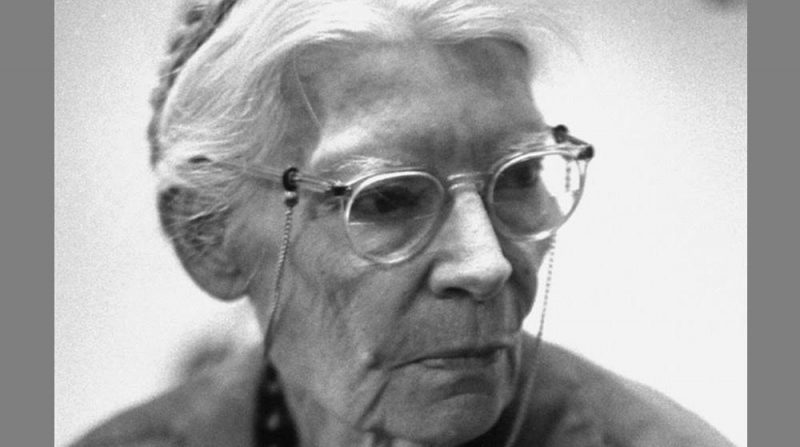Luke 19:11-27
He said to him, “I will judge you by your own words, you wicked slave! You knew, did you, that I was a harsh man, taking what I did not deposit and reaping what I did not sow? Why then did you not put my money into the bank? Then when I returned, I could have collected it with interest.” He said to the bystanders, “Take the pound from him and give it to the one who has ten pounds.” (And they said to him, “Lord, he has ten pounds!”) “I tell you, to all those who have, more will be given; but from those who have nothing, even what they have will be taken away. But as for these enemies of mine who did not want me to be king over them—bring them here and slaughter them in my presence.”’ – Luke 19:22-27
I do not understand this parable. How does this story about a cruel, impatient and judgmental master jive with Jesus telling us that we can call God our father and can claim from God all the love and support that a father gives his child?
We’re talking annihilation. The Master gets the royal power he went away to find and then comes home and wipes his enemies off the face of the earth. And those who have nothing? Even what they have will be taken away. How is this Good News? What is Christ saying?
It’s the Feast Day of Dorothy Day, a holy woman who dedicated her life to solidarity with the poor. With a close ally she began the Catholic Worker Movement through which she was able to both advocate for and financially support people in need. She lived in community with people experiencing poverty. She gave away whatever she had so that her house could prosper, supporting its members through times of shortage. It’s the opposite of what the Master in Luke’s parable advocates.
Yes, I know that the investment of money in the parable is meant to be symbolic of giving of ourselves in the ways in which God calls us. When we spend ourselves entirely in the work of the kingdom – whether it’s teaching, healing, or, like Dorothy Day, living a life dedicated to alleviating poverty – we somehow become more whole.
But I am not happy with the image of killing off all of one’s opponents. Nor would Dorothy Day have been. She was a pacifist through and through.
As I often do with things which I do not understand, I am asking God to deepen my comprehension of Christ’s words in this parable. After all, there is always room to learn and grow in how we work with and live out Jesus’ teachings.
And, meanwhile, I am celebrating Dorothy Day and all her gifts with gratitude in deep humility. Through her writings and her inspiration of those who have come after her in the Catholic Worker Movement, she continues to be a profound influence moving us all in the direction of the kingdom of heaven.

